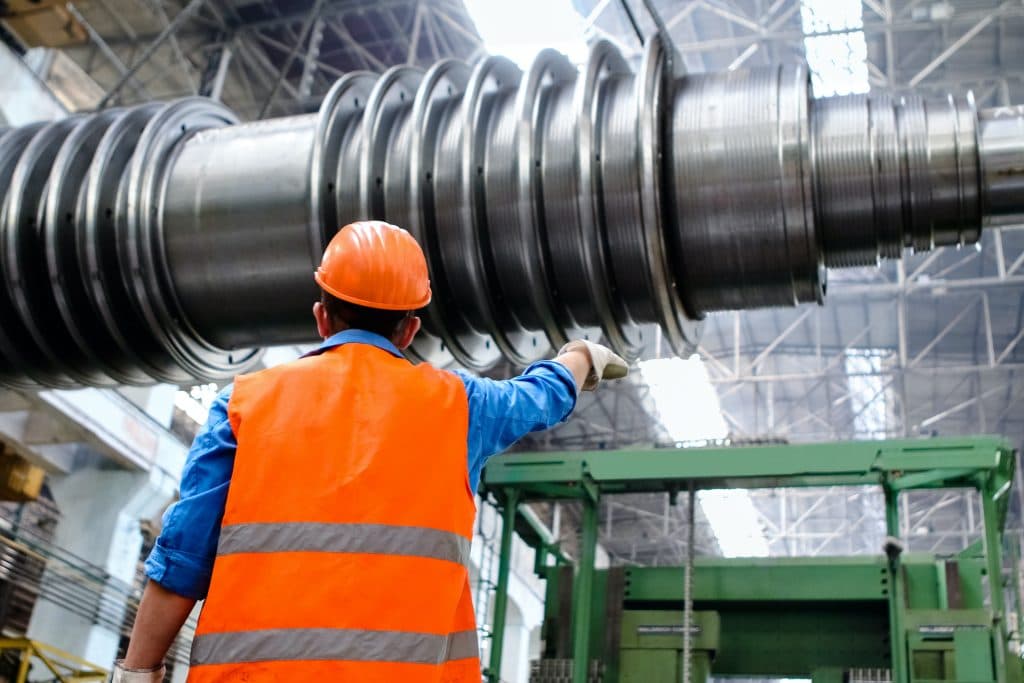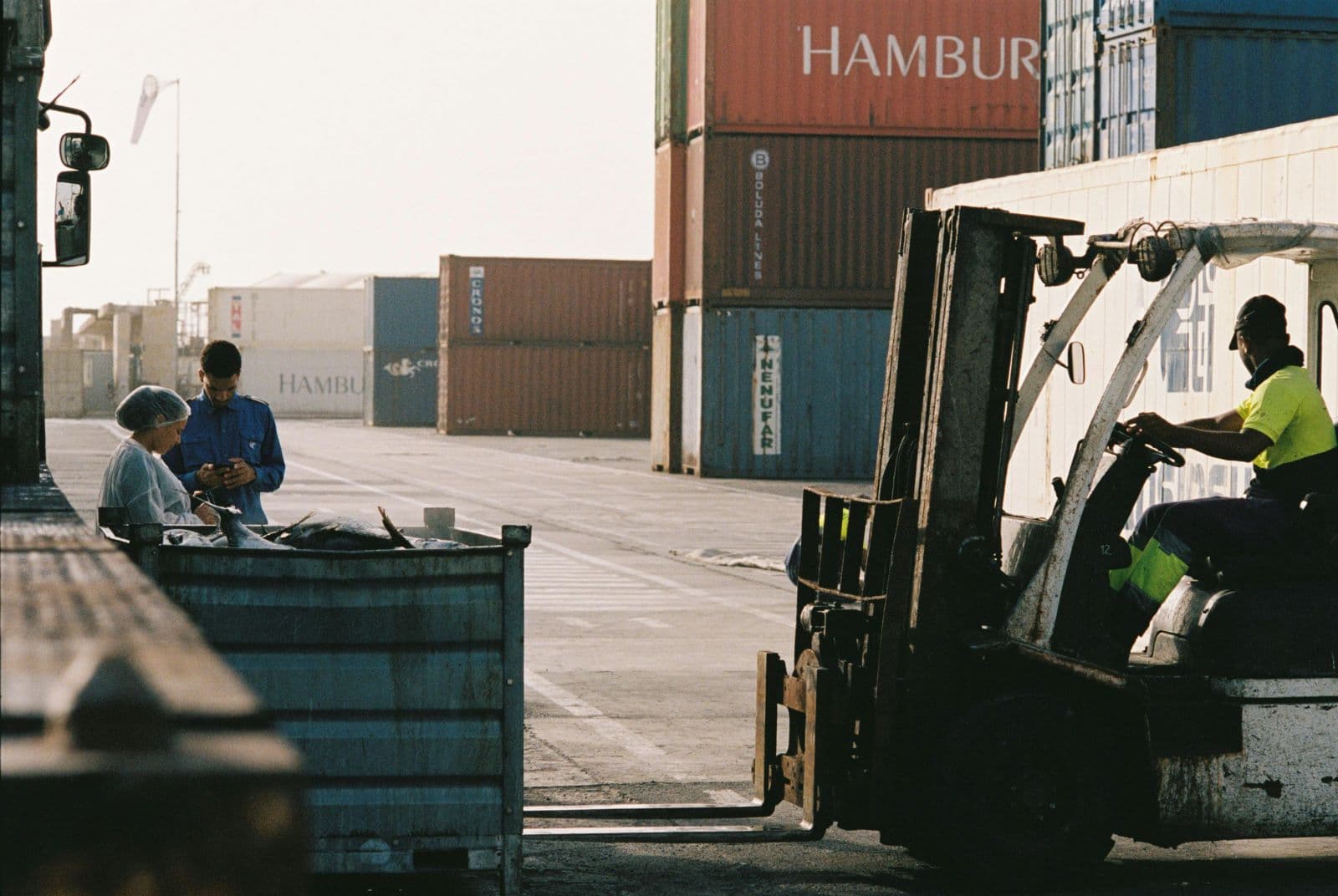
Due to numerous government measures that benefit both Ghana and all of West Africa, the steel sector in Ghana has truly taken off in the last ten years. Importantly, Ghana’s steel sector provides the framework for true industrialisation, particularly in metallurgy, which serves as the foundation for the fabrication and auto industries. In addition to this potential, Ghana’s steel sector is well placed to supply the West African sub-region.
Iron rods and steel coils are the primary products of Ghana’s steel industry, and they are produced primarily by a hot rolling process that transforms scrap metals and billets into iron rods, steel coils, and steel balls for use in the construction, mining, and related industries. With the founding of GIHOC Steel Company, the predecessor of Tema Steel Company Limited, local steel production got its start in the 1960s. Sentuo Steel Company Limited, Tema Steel Co. Ltd, United Steel Company, Western Castings Limited, Rider Steel Ltd, Ferro Fabrik Limited, Fabrimetal Ghana Limited, B5 plus steel manufacturing and Special Steel Limited are a few of the local steel production businesses that are currently operating in Ghana.
There is a massive surplus of more than 600,000 metric tons of steel in Ghana that may provide the country with essential foreign currency since domestic demand for steel goods is only around 400,000 metric tons. Ghana is a significant exporter of steel goods due to the enormous demand for these goods in the rest of West Africa and the eagerness of the market to take in the surplus supply. Approximately 4,500 direct employees and 17,000 indirect employees work in the steel manufacturing industry. The corporations also make large tax contributions to the government. The local steel industry has an installed capacity of roughly 1,000,000 metric tons per year, compared to an annual average demand of about 350,000 metric tons per year, leaving a surplus of 650,000 metric tons per year.
The Steel Industry’s Headache
The cost of power is one of the obstacles facing the sector. The manufacture of steel products requires a lot of electricity, and Ghana’s electricity costs are absurdly high when compared to those of rival nations. The well-known technical and financial inefficiencies in the value chain of electricity generation, transmission, and distribution are exacerbated in this case by the passing on of the cost of taking or paying contracts. Indeed, this has had the effect of slowing down the expansion of Ghana’s steel sector, which aptly highlights the true cost of Ghana’s inability to compete on energy prices. The other is the state’s failure to provide an even playing field for participants in the steel business; for example, importers of steel goods frequently evade income taxes and import duties. The state’s fundamental duty is to close any gaps that penalize legitimate enterprises and favor unlawful activity, which harms both those businesses that abide by the law and the economy of Ghana as a whole.
A large amount of the existing capacity cannot be used due to a lack of raw materials, and there is a lack of an iron-ore mining and smelting business that would supply enough local raw materials to feed the iron and steel industries.
The lack of rail service to the north and other regions of the nation, which would have made it easier to transport goods from iron ore mines to smelters and steel mills, the high cost of electricity and water, and the ineffective enforcement of standards, regulations, and established tariff guidelines on imported iron and steel products are a few other issues. This non-conformance causes a flood of low-quality steel products, which has an impact on the mining and building sectors. Importing steel may limit the sector’s growth and potential.
These have damaged prospects and the maximum economic benefits the sector may be able to produce. As part of its industrialization and transformation goal for the manufacturing sector, the government is pushing local firms to embrace the addition of value to local raw materials through the Made in Ghana and Local Content Policies. In order to develop and promote the economy and the effectiveness of the integrated iron and steel industry along the entire iron and steel value chain, from the mining of iron ore and its related minerals to the production of iron and steel for industrialization and economic growth, the Ghana Integrated Iron and Steel Development Act 2019 (ACT 988) establishes the contractual relationship between the state, Ghana Integrated Iron and Steel Development Corporation (GIISDEC), and prospective investors.
National Export Development Strategy (NEDS) has intervened using tactics like accelerating the development of an integrated iron and steel industry from iron-ore mining to the production of iron and steel products; helping businesses develop policies that increase the iron and steel sector’s competitiveness through cost-reduction and other strategies; using tariff instruments to safeguard and protect the local iron and steel industry. Other strategies include encouraging investments—including FDIs—into the production of iron and steel, offering incentives and cost-cutting packages to businesses that venture into the production of tertiary iron and steel products, and promoting locally produced iron and steel goods in the sub-regional and other African markets.
Making SEZs The Resolve For Ghana’s Steel Manufacturing Industry
What the Steel Manufacturing industry needs to help address their issues with reliable and sustainable electricity, access to raw materials, transportation, etc., is settling in a fully serviced industrial park that provides them with the necessary infrastructure for the productions. Special Economic Zones (SEZs) are designed specifically to support global value chain (GVC) participation, industrial upgrading, and diversification. SEZs also help to boost the export of goods and services, generate employment, and boost domestic and foreign investments. In Ghana, the Dawa Industrial Zone stands out as the country’s largest and privately developed special economic zone. Its strategic location provides proximity to the international airport and the habour; allowing easy access to other neighbouring markets and resources for production. This industrial zone is capable of housing light and heavy industries across various sectors with infrastructure that caters to energy-intensive manufacturing. From good road networks and railway systems that aid in the smooth transportation of goods, 24/7 power, and water supply, fibre-optic internet, and civil engineering services to man construction projects for businesses established within Dawa Industrial Zone.
Contact Investor Relations:
Email: enquiry@diz-ghana.com
Tel: 0552030000 / 0552040000
More
updates

How Industrial Parks Are Powering Economic Growth in Africa
Blog∙30th April, 2025

Addressing The Infrastructure Gaps in Sub-Saharan Africa
Blog∙11th March, 2025

Regional vs. National Approaches to Trade Facilitation: Which is More Effective for Africa?
Blog∙11th December, 2024

Earn Big with Dawa Refer & Earn: Unlock Lucrative Rewards for Every Business You Refer!
Blog∙13th November, 2024

Leapfrogging the Growth Trap: Policy Initiatives for Developing Economies in a Globalized World
Blog∙4th October, 2024
